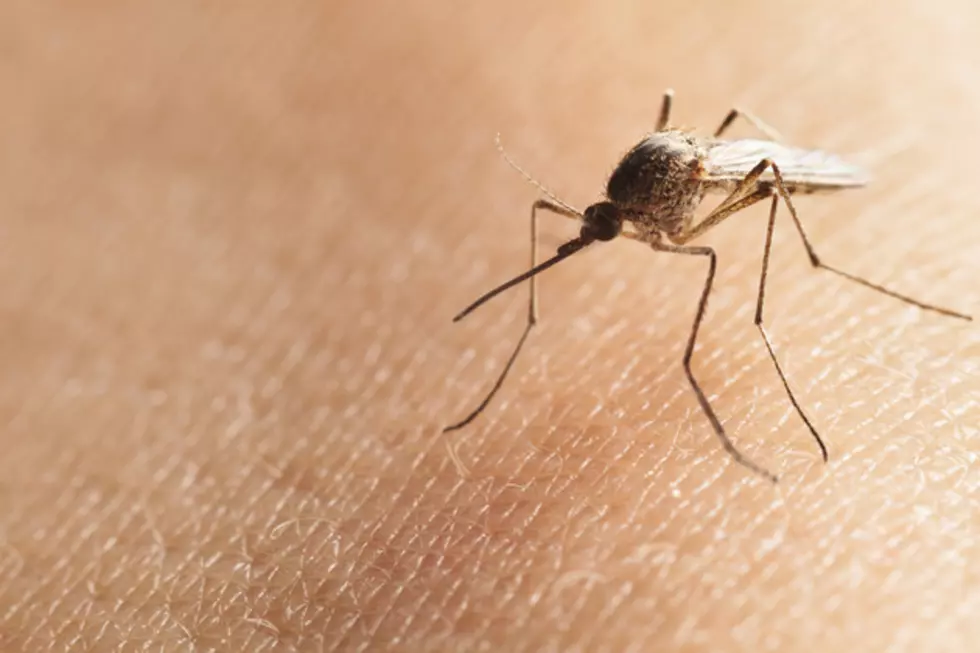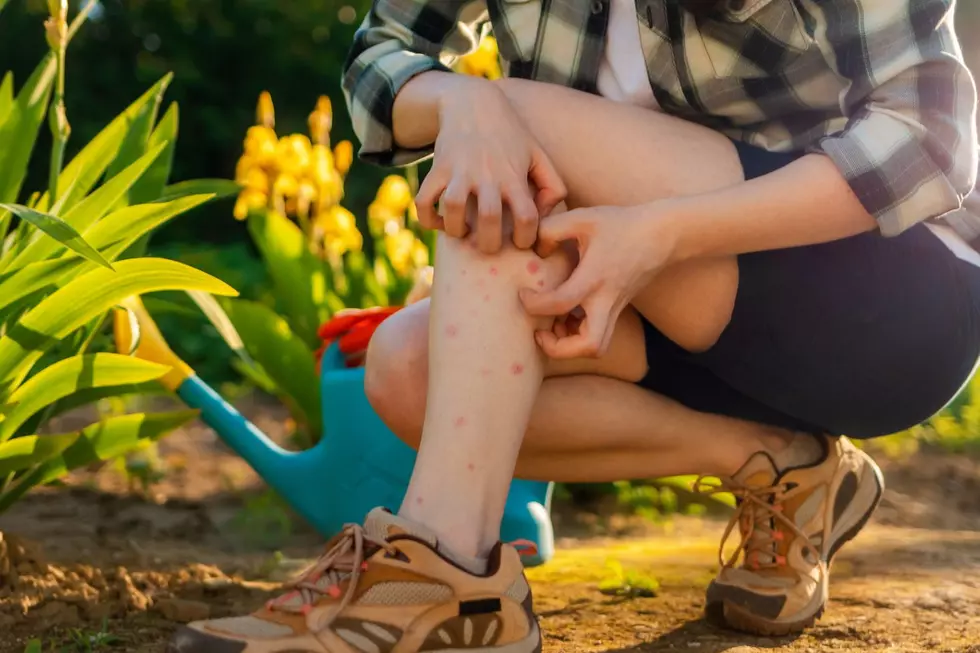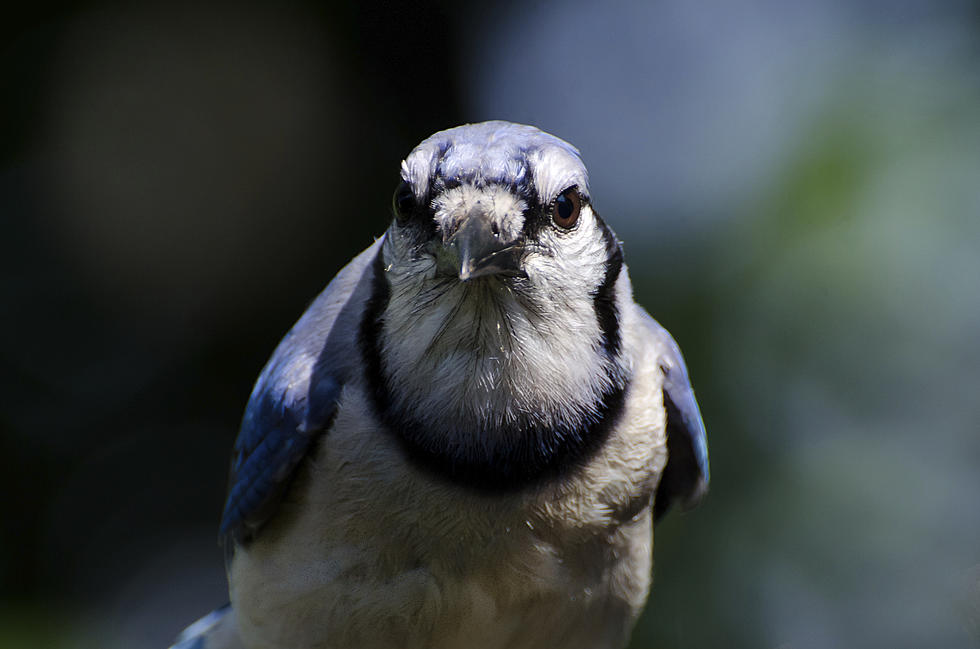
New Equine Encephalitis, West Nile cases reported in NJ
TRENTON - New Jersey's third case of Eastern Equine Encephalitis (EEE) in 2017 is reported in Cumberland County, and a Salem County stallion is the state's second West Nile Virus (WNV) case this year.
According to the New Jersey Department of Agriculture, neither the 15-year-old mare in Cumberland, reported September 30, nor the 10-year-old stallion in Salem, reported the previous day, were vaccinated against either mosquito-borne ailment. The mare was euthanized, and the stallion is being treated for recuperation.
"We urge horse owners to maintain their vaccination schedules to prevent their animals from getting diseases like these," said New Jersey Secretary of Agriculture Douglas H. Fisher in prepared comments. "Vaccinated animals are much less likely to contract deadly diseases such as EEE and West Nile Virus."
The two previously-reported EEE instances were in Cumberland and Atlantic Counties. The state's first reported WNV case was a one-year-old Gloucester County colt, in late September. Between mid-August and mid-Septmber 2016, four EEE cases were reported. No WNV cases were reported in 2016.
Both are viral diseases. transmitted through mosquito bites, that affect horse neurological systems and inflame brain tissue. Most cases crop up in late Ssummer and early Fall The viruses cycle between birds and mosquitos. Horses ahd humans are incidental hosts. Humans are considered "dead-end" hosts for both, with a much lower health risk.
Agriculture officials said that most veterinarians include EEE and WNV sera in combinaiton with Tetanus and Western Equine Encephalitis (WEE) vaccines. EEE and WNV vaccines can also be bought commercially. Unvaccinated horses that contract EEE have a 90-percent chance of dying, officials said.
Foals, and unvaccinated horses, undergo a two-phase inoculation, with a booster four to six weeks afer the initial vaccination. Booster shots are recommended each Spring, before mosquitoes become active, or if horses are being transported to areas where mosquitoes thrive all year. Inoculations for pregnant mares should be done through consultation and scheduling by a veterinarian.
Next shore animal care:
More From 92.7 WOBM









